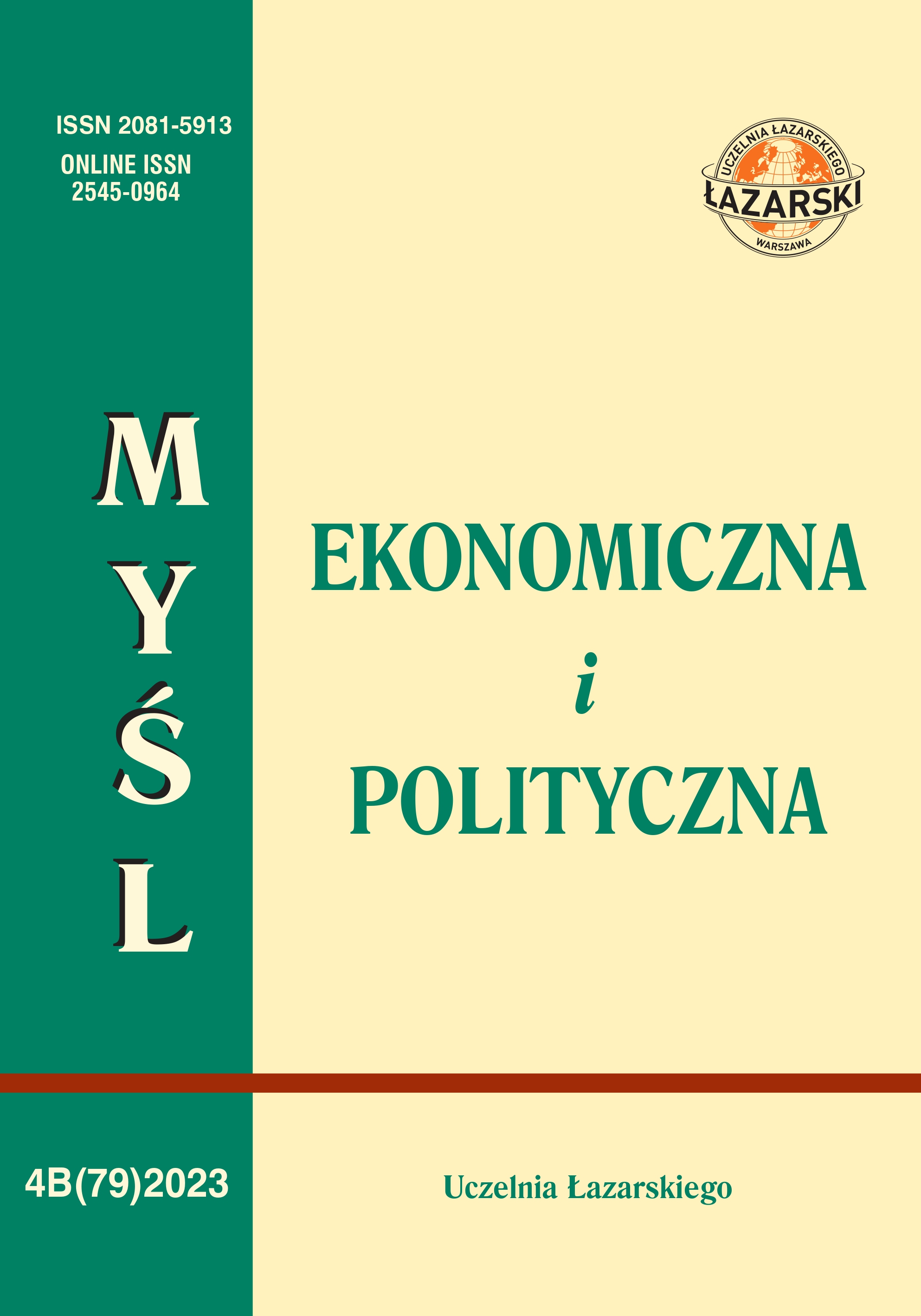Abstract
In common understanding, the term ‘citizen’ refers to the citizenship of a given state and the right to vote, equal to that of other fellow citizens. This interpretation overlooks the most important aspect of citizenship, namely the real and consistent influence of citizens on the fate of their community. This dimension of citizenship is emphasised by Lord Acton, who highlights the participation of citizens in decision‑making, particularly at the local level, and rejects reducing it to the act of casting a vote at the ballot box, beyond which they remain indifferent and without any influence. The article briefly presents Acton’s understanding of citizenship and applies his approach to the nobles of the Polish‑Lithuanian Commonwealth. The second part of the article analyses the issue of ‘parliamentary reform’ after the wars with Muscovy and Sweden in the second half of the 17th century, pointing out that the primary responsibility for the failure of these efforts lay not with the nobles but with the royal couple and their ability to control the senate and the overwhelming majority in the house of deputies.
